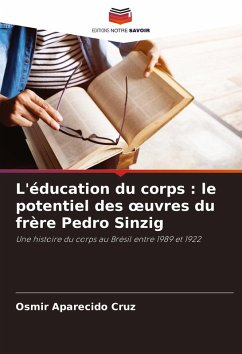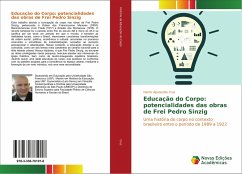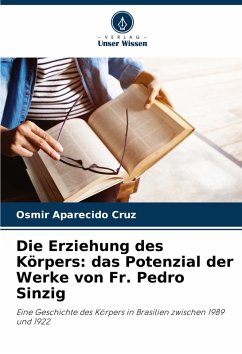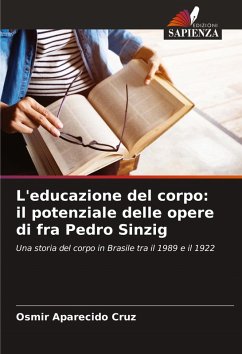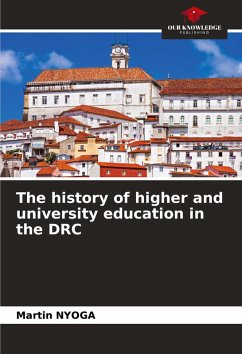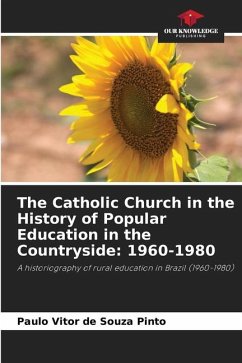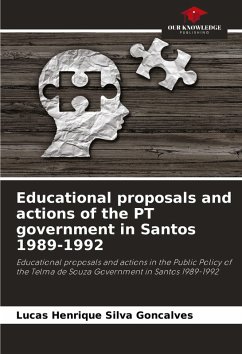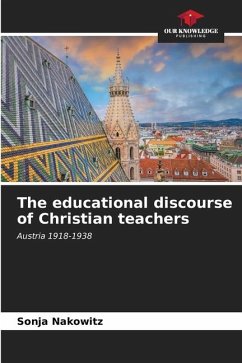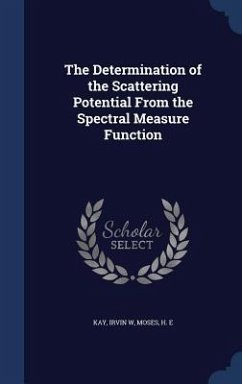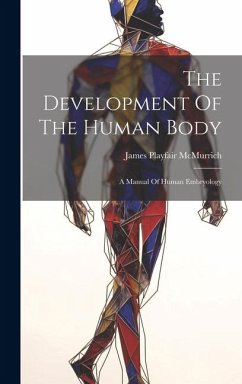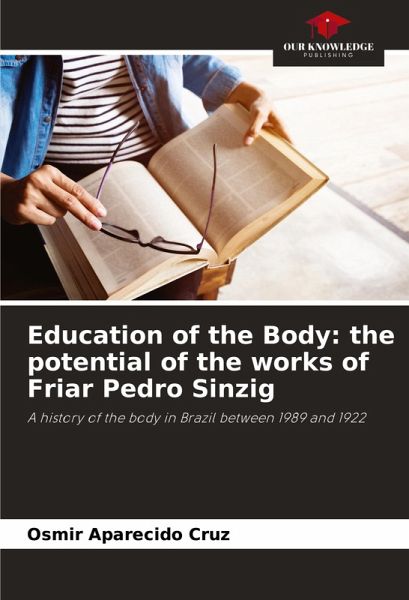
Education of the Body: the potential of the works of Friar Pedro Sinzig
A history of the body in Brazil between 1989 and 1922
Versandkostenfrei!
Versandfertig in 6-10 Tagen
37,99 €
inkl. MwSt.

PAYBACK Punkte
19 °P sammeln!
This work looks at the concept of the body in the works of Friar Pedro Sinzig, who belonged to the Order of Franciscan Minors (OFM): Reminiscencias d'um Frade (1917) and Através dos Romances (1915). The time frame was the period between the end of the 19th century and the beginning of the 20th century and is justified by the fact that this was a period in which the world, as well as local realities such as Brazil, were experiencing constant social, political, economic and cultural transformations, anchored in the growing and simultaneous process of industrialisation, in addition to population...
This work looks at the concept of the body in the works of Friar Pedro Sinzig, who belonged to the Order of Franciscan Minors (OFM): Reminiscencias d'um Frade (1917) and Através dos Romances (1915). The time frame was the period between the end of the 19th century and the beginning of the 20th century and is justified by the fact that this was a period in which the world, as well as local realities such as Brazil, were experiencing constant social, political, economic and cultural transformations, anchored in the growing and simultaneous process of industrialisation, in addition to population growth and urbanisation. In this context, education emerged and consolidated itself as one of the most burning issues on the national scene for the urban literate elite. Our hypothesis is that Friar Pedro Sinzig, in writing the works favoured in this research, sought to serve the interests of the Catholic Church, as well as the newly inaugurated Brazilian republic, thus aiming for a given education of the body, which could conform to the standards required for coexistence in the urban space, through the formation of a new individual, under a new rationality.





